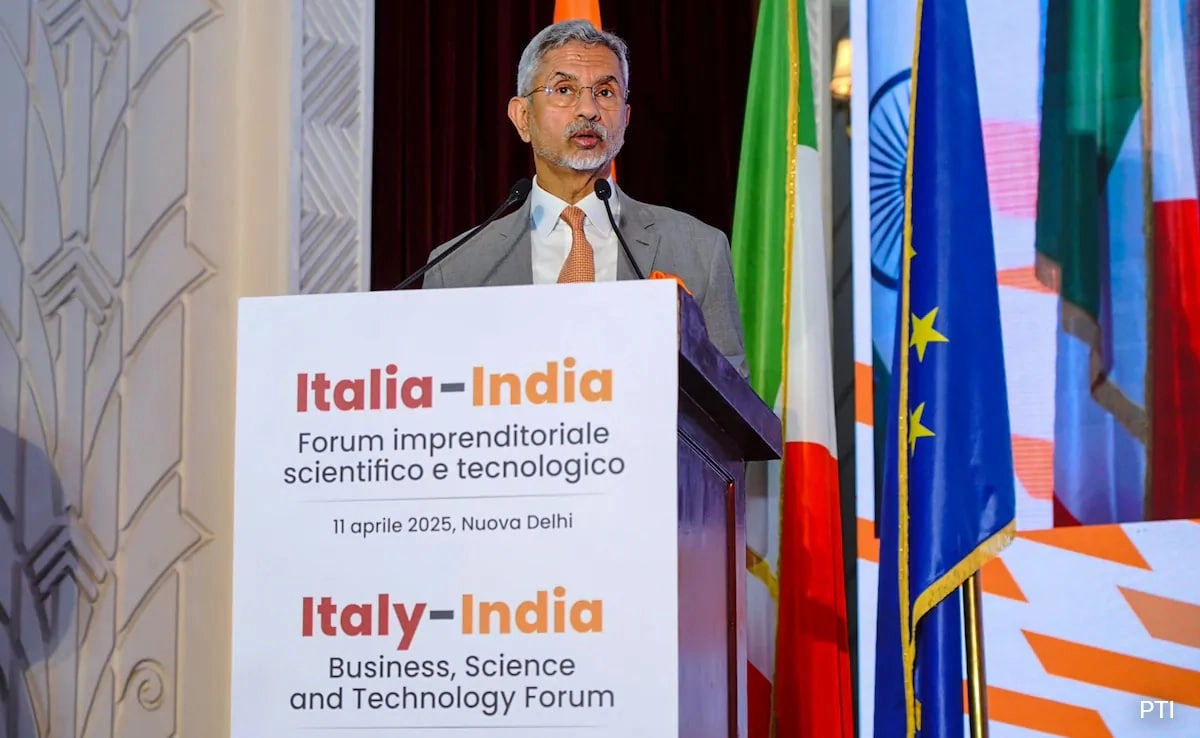External Affairs Minister S. Jaishankar recently expressed significant concerns regarding the increasing trend of weaponizing economic activities. This phenomenon, which has gained momentum in recent years, involves the use of economic tools and resources as instruments of political leverage and coercion. Jaishankar underscored that this approach not only undermines the principles of free trade and global cooperation but also poses severe risks to international stability. By intertwining economic interests with geopolitical objectives, nations may engage in practices that could disrupt the balance of power and escalate tensions in various regions.
In his remarks, Jaishankar highlighted the implications of this trend on global supply chains and economic interdependence. As countries leverage their economic strengths to exert influence, smaller nations or those with fewer resources may find themselves vulnerable to coercion. This situation can lead to a fractured global economy, where trust and collaboration are sacrificed for immediate political gains. The minister called for a collective response to counteract these tendencies, emphasizing the importance of maintaining fair and equitable economic practices that respect the sovereignty of all nations.
Furthermore, Jaishankar pointed out that the weaponization of economic activities could have far-reaching consequences for multilateral institutions that are designed to foster cooperation and dialogue. The integrity of organizations such as the World Trade Organization (WTO) could be compromised if member states prioritize nationalistic agendas over collaborative efforts to address global challenges. He urged the international community to reassert their commitment to multilateralism and to find ways to mitigate the risks associated with economic coercion.
In conclusion, S. Jaishankar’s observations serve as a timely reminder of the intricate relationship between economics and geopolitics in the contemporary world. As nations navigate an increasingly complex landscape, it is crucial to foster dialogue and cooperation that reinforce the principles of fairness and mutual respect in economic dealings. By addressing the challenges posed by the weaponization of economic activities, the global community can work towards a more stable and prosperous future for all nations involved.




